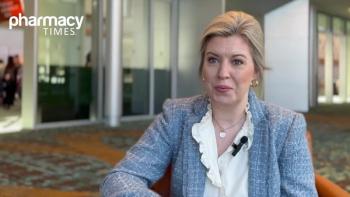
Expert offers insights into managing stress and preventing burnout in pharmacy leadership

Expert offers insights into managing stress and preventing burnout in pharmacy leadership

Automation can enhance medication management and support pharmacists' critical clinical roles.
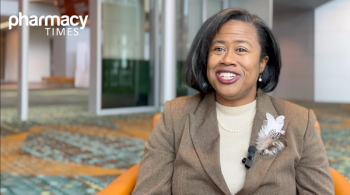
Pharmacists are pivotal in expanding reproductive health care access through patient education and collaboration.
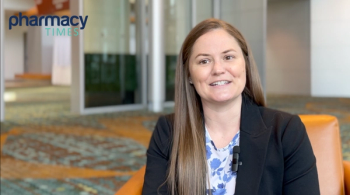
Pharmacists are leading the way in personalized medicine through strategic pharmacogenetic implementation.
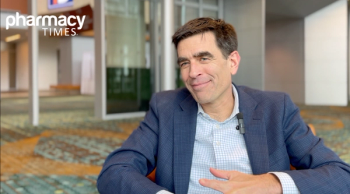
Pharmacists can empower patient RSV vaccination through strategic communication and personalized care.

Pharmacists can navigate career paths through passion, adaptability, and patient-centered soft skills.

AI is offering new ways to support pharmacists' decision-making and patient care.
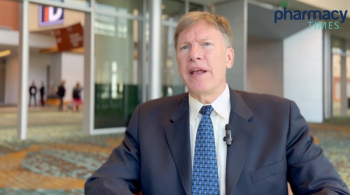
Community pharmacies can enhance medication safety by proactively identifying risks and implementing targeted best practices.

After decades without improvements, an expert with Baptist Health described the small cell lung cancer (SCLC) space as “exciting” following multiple innovations in the past few years.

Matthew Zirwas, MD, highlights the discrepancy between perceived and actual usage, citing studies that reveal patients often overestimate their compliance.

Pharmacists are crucial in Elevidys administration, ensuring accurate dosing, coordinating treatment timing, and managing adverse effects to optimize patient outcomes.

Patients may have concerns about the boxed warning and other potential adverse effects associated with topical ruxolitinib for atopic dermatitis and vitiligo.


AI can streamline biosimilar adoption by simplifying prescribing decisions and reducing costs.
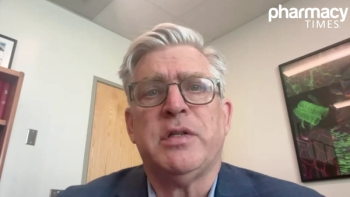
Elevidys offers significantly higher dystrophin production than existing Duchenne muscular dystrophy treatments but requires intensive monitoring for adverse events.

Pharmacists have been central to vaccine distribution since the COVID-19 pandemic, and as viruses spread, they must continue urging patients to stay updated on vaccinations to prevent severe illness and reduce hospitalizations.

Obinutuzumab is effective in reducing proteinuria and preserving kidney function in lupus nephritis, with consistent benefits across high-disease activity subgroups.

Tuberculosis is a long-standing global health issue that requires continued public health vigilance to prevent a resurgence of this preventable and curable disease.

Pharmacists are integral to setting patient expectations, monitoring liver health, and ensuring adherence to long-term follow-up for optimal outcomes with etranacogene dezaparvovec.

If approved, gepotidacin (GSK) will be a new oral agent added to the treatment paradigm for urinary tract infections (UTIs).

Pharmacists must consider drug Interactions, allergies, and comorbidities when treating patients with urinary tract infections (UTIs).

Research has demonstrated a reduction in hospitalization risk associated with the use of LAIs, but some barriers can prevent the wider adoption of this approach.

The ongoing "quad-demic" of influenza, norovirus, RSV, and COVID is creating heightened health risks, making prevention through hygiene, masking, and vaccination critical.

Intravenous immunoglobulin therapy for patients with CIDP requires navigating insurance coverage and prolonged therapy.

Phil Vigeant shares benefits and considerations of plant-based protein powders, highlighting the pharmacist's role in recommending quality plant-based protein powders.

According to Pranav Garimella, pharmacists are essential in counseling patients with CKD on the appropriate use of semaglutide.

Gaps in education about biosimilars, particularly among pharmacists, patients, and prescribers, are a significant barrier to wider adoption.

Etranacogene dezaparvovec offers a long-term, cost-effective solution for hemophilia B by providing sustained factor IX expression but requires careful patient selection and post-infusion liver monitoring.

Semaglutide has been approved for reducing kidney disease progression and cardiovascular risk in patients with type 2 diabetes, marking a significant advancement in CKD management.

Identifying and managing IVIG-related side effects early on in treatment can improve efficacy and safety for patients with CIDP.